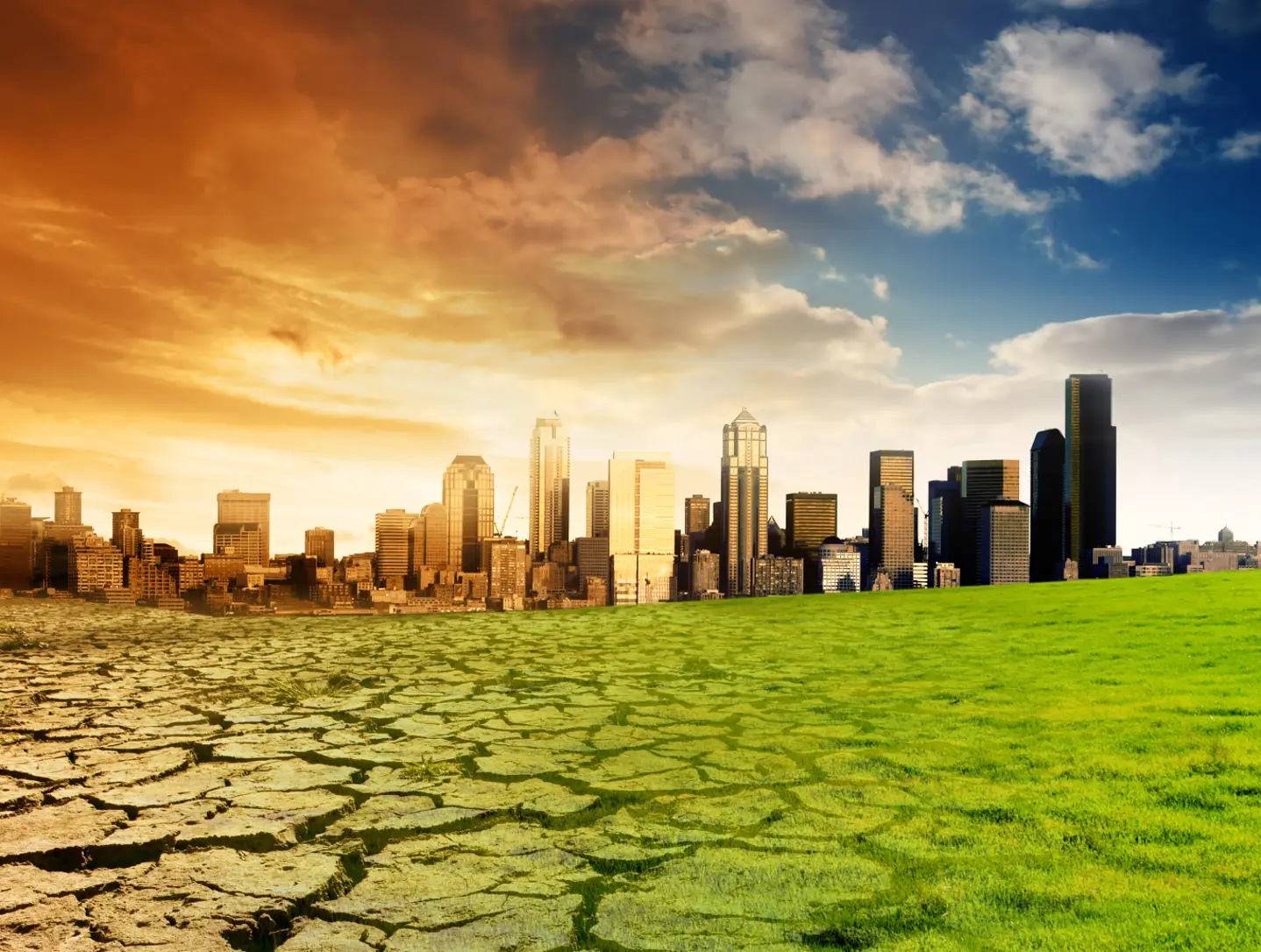How the Global Energy Crisis is Catalyzing Europe’s Energy Transition
The global energy crisis of the last year has had a profound effect in bringing energy security and energy transition issues to the forefront of the public conversation in Europe. From record high energy prices for consumers, to the rationing of fuels for industries and businesses, the effects of the crisis have been felt across the continent.
As this year’s annual Munich Security Report explains, Europe’s unquestioning reliance on Russia energy supply was based on two key assumptions: that lowest price was always the most important factor when it came to energy procurement, and that Russia would continue to be a reliable energy partner even as political relations deteriorated. In the wake of Russia’s invasion of Ukraine, these assumptions have been proven wrong.
With energy supplies from Russia being cut starting last spring, Europe was forced to look elsewhere for critical oil and gas resources. The mega-buyer turned to the global spot markets with an exorbitant willingness (and ability) to pay–driving out almost every other global buyer, contributing to already spiraling high energy prices, and spurring what many foresee as a permanent shift in international energy trade.
In the months after the invasion, Europe has been able to manage the crisis impressively well. On the supply side, Europe has found ample sources of natural gas and oil to replace Russian supplies. The U.S., Qatar, and Nigeria stepped up as major LNG suppliers; Algeria and Norway provided pipeline gas (European Council); and Russia crude was replaced with supplies from the Middle East, West Africa, Brazil and others (Reuters). The EU has also achieved impressive demand reductions through a combination of energy efficiency, continued expansion of renewables, and behavioral changes. To top it off, Europe so far has been extremely lucky with a very mild 2022-23 winter, which has kept natural gas stores high and allowed the states to avoid the worst of energy shortages and resulting economic recession effects.
Unfortunately, Europe is not home free yet. As IEA Executive Director Fatih Birol recently warned, “The reality is that winter 2023-24 is likely to be the real test” (Bloomberg). The energy ties with Russia have been permanently severed, and that means that Europe must look ahead at how to create a long-term, durable, and secure energy future. While in the near-term Europe is ramping up its LNG receiving infrastructure and signing supplier agreements, in the medium- and long-term it is clear that clean, domestically-sourced energy must become the core of the continent’s grid mix. Europe has long been a leader in the development and deployment of clean energy technologies, and the energy crisis has created a unique alignment between climate action and energy security.
In order to carry out the energy transition, Europe will need to invest big in both the deployment and supporting supply chain of various clean energy technologies. The newly introduced EU Green Deal Industrial Plan (passed in response to the U.S.’s Inflation Reduction Act) is a big step toward this. But EU leadership and member states will need to go even further in supporting the energy transition in the coming years. The bloc’s security, and the global climate, depends on it.
Author: Gray Bender, https://www.linkedin.com/in/graybender

Climate change
The energy sector is
central of efforts to
combat climate change

Climate change
In a hotter world energy
efficiency is more
important than ever
